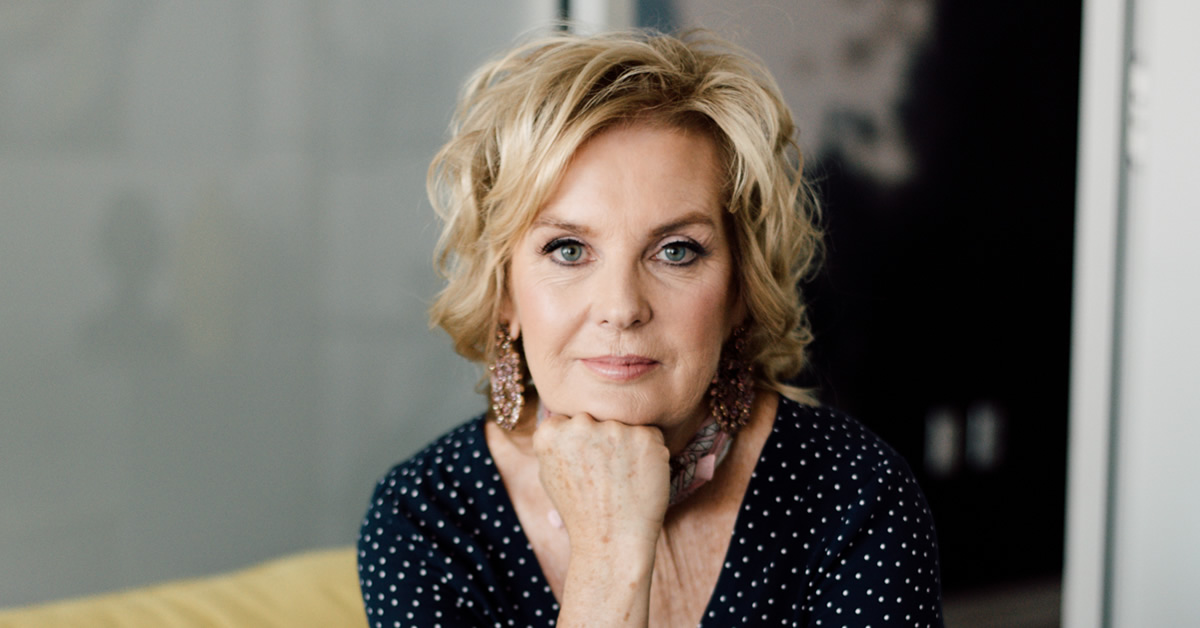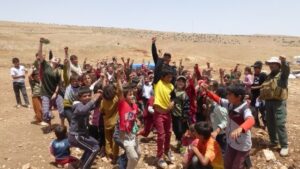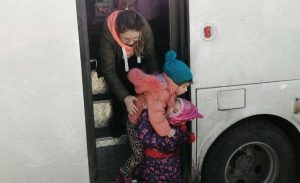Why We Build Playgrounds Where Terrorists Tried to Kill Children
The most recent conflict in the middle east ended with a ceasefire last month, but it’s important to remember that Israeli and Palestinian children will still be having nightmares long after the news cycle and the politicians have moved on.
There were Israeli kids awakened in the middle of night by the call to huddle into bomb shelters as thousands of rockets were hurled their way, and countless Palestine children whose schools and homes were too often used as human shields by the terrorists who’ve ruled the Gaza Strip with an iron fist.
When I hear about the Israeli-Palestinian conflict I’m always thinking about the innocent people caught in the crossfire of terror. We must never forget that Israeli children and Palestinian children were killed last month. Their parents’ hearts are still ripped in two, their dreams are still shattered, and their pain is still unbearable.
In a world divided by partisan politics, party-serving policies, and prejudice, I believe we can all agree that the worst consequence of conflict is when bombs and babies mix.
The youngest victims are not just numbers; they have names. Ido Avigal was just five years old when he died in the southern Israeli town of Sderot. His father considered him to be an old soul and very bright. Despite sheltering in a fortified room, the little boy was hit with a piece of a rocket “that came in at a very specific angle, at a very specific speed, and at a very specific point,” IDF spokesman Hidai Zilberman said of the incident.[1]
In Gaza City, thirteen members of the al-Kawalek family, many of them children, died in the wreckage of their home on al-Wihda Street. “Among those killed were sisters Yara, nine, and Rula, five. Both had been receiving treatment for trauma from the Norwegian Refugee Council (NRC)” already. [2] Their teachers remember the girls as having wonderful manners who turned in their homework on time.
It’s because of children like these that I founded Reload Love, a nonprofit organization that turns bullets into beauty by melting down spent casings to upcycle into jewelry. All the profits are given to aid children impacted by terror in the most difficult places of the world.
I’ve seen the effects of terror with my own eyes.
I’ve crawled through ISIS tunnels in Iraq, traversed the mountainous regions of the Karen people in Myanmar, and driven the dusty roads of Jordan to bring relief to refugees, internally displaced people, and victims of armed conflict. I do it because I want to show the children that God still cares, He’s there, and He hears their prayers even in their pain.
I have also visited Israel and the Palestinian territories dozens of times over nearly forty years. I’ve witnessed the devastation caused by state sponsored terrorist groups backed by Iran to create proxy wars. I’ve sat with those who’ve been victimized by their subversive influence, splintering already tenuous alliances.
Before the intifadas — in the “old days” — borders were open. A tourist felt as safe in the West Bank as in Israel. Our family made friends with Jews, Druze, and Arab citizens. Our children and grandchildren played with their children.
An honest look at the devastation terrorism inflicts upon children demands not just our attention, but our action. Recovery can only happen when we remember the victims of terrorism and especially remember the children whose young lives will forever be scared by living in the incapacitating fear of “terror.”
We must also work to replace this harsh reality with a new normal: safety.
One way Reload Love accomplishes this is by building playgrounds in communities where terrorists once attacked. So far, we’ve built forty-seven playgrounds in places like Nigeria, Uganda, Thailand, Pakistan, and Cambodia. We also provide trauma relief, medical supplies, academic programs, and safe spaces for children victimized by terror.
Why playgrounds? Psychologists attest that when a child is traumatized three things are paramount to emotional healing. First is a safe space is created where calm can be restored. Secondly, we must acknowledge what happened was bad, but the child is not and they are not responsible for the horror they have endured. Finally a return to normalcy must be established through things like playing, coloring, or soccer.
Playgrounds provide all three! Their placement is intentionally coordinated with in-country partners at churches, schools, or civic parks with people committed to protect them, provide counsel, and listen to their tender hearts.
This is how we keep the experiences of victims of terror in our hearts. We help people help them, and we remember their names and their stories.
Lenya Heitzig is the founder of Reload Love and co-founder, with her husband Skip Heitzig, of Calvary Church in New Mexico. Learn more, or help, at www.reloadlove.com
[1] Judah Ari Gross, “Military spokesman says Ido Avigal’s death at home in Sderot was caused by an ‘incredibly rare’ convergence of events, as rocket piece shot through protective metal plating,” Times of Israel, https://www.timesofisrael.com/window-of-shelter-where-rocket-shrapnel-killed-boy-appears-to-have-been-sound/ 13 May 2021
[2] Jack Hunter & Alexandra Fouche & Angy Ghannam, “Israel-Gaza violence: The children who have died in the conflict, BBC News, https://www.bbc.com/news/world-middle-east-57142627, May 19, 2021




